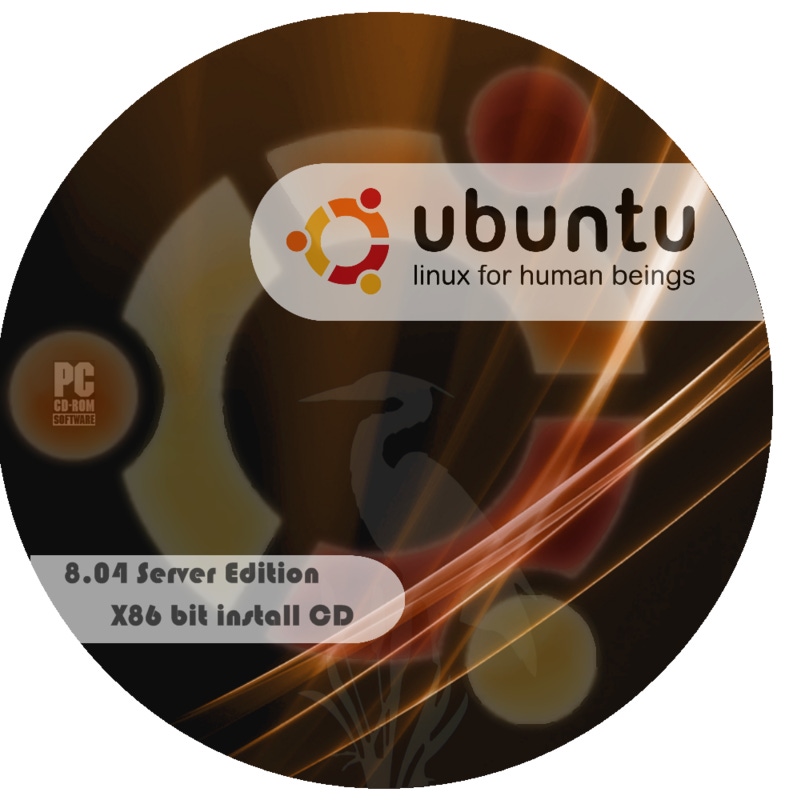Ubuntu Server vs. Windows Small Business Server: Looming Showdown?
Some small businesses and start-ups are standardizing on Ubuntu Server Edition because it's a low-cost alternative to Microsoft Windows Small Business Server 2003 and 2008. The VAR Guy wonders: Could a bigger trend be coming? Will hundreds -- or thousands -- of small businesses make the move to Ubuntu Server Edition?
September 2, 2008

 Some small businesses and start-ups are standardizing on Ubuntu Server Edition because it’s a low-cost alternative to Microsoft Windows Small Business Server 2003 and 2008. The VAR Guy wonders: Could a bigger trend be coming? Will hundreds — or thousands — of small businesses make the move to Ubuntu Server Edition?
Some small businesses and start-ups are standardizing on Ubuntu Server Edition because it’s a low-cost alternative to Microsoft Windows Small Business Server 2003 and 2008. The VAR Guy wonders: Could a bigger trend be coming? Will hundreds — or thousands — of small businesses make the move to Ubuntu Server Edition?
Frankly, it’s too soon to say. And The VAR Guy only has anecdotal evidence that Ubuntu Server is catching on in small businesses.
In recent weeks, our resident blogger helped to develop the Works With U 1000 — a fast growing list that plots Ubuntu deployments across the globe. Example small businesses running Ubuntu Server Edition include:
Adaptia, of Caceres, Spain, with one Ubuntu server and five Ubuntu desktops/laptops.
Bogan Productions, a media firm in Melbourne, Asutralia with two Ubuntu servers and two desktops.
Innovative Geeks of Shoreline, Wash., with two Ubuntu servers and eight Ubuntu desktops/laptops.
Yooter InterActive Marketing Agency, a company in Pennsylvania with roughly seven Ubuntu servers and 20 Ubuntu desktops and mobile systems.
The Works With U 1000 list has dozens of additional Ubuntu deployments worth noting. (Shameless plug: If your company runs Ubuntu, it takes five minutes or less to add your company to the Works With U 1000 deployment list).
Small Business Challenges
For the short term, The VAR Guy would be foolish to suggest that Ubuntu can truly displace Microsoft Windows Small Business Server in the market.
After all, Microsoft has thousands of reseller and integrator partners and a huge installed base of Small Business Server deployments that can be readily upgraded to the new SBS 2008 edition. Small businesses know Microsoft. And most of those entrepreneurs have never heard of Canonical, the company backing Ubuntu.
Alas, Canonical is still building its fledgling reseller and integrator partner network for Ubuntu. And Canonical’s server efforts have yielded mixed results so far. Sun Microsystems is the only major server company promoting Ubuntu-centric servers. Rivals like Dell promote Ubuntu on the desktop, but Dell has no plans at this time to start pushing Ubuntu servers.
Sure, some small businesses are discovering Ubuntu on their own. But the biggest potential threat to Small Business Server appears to be Software as a Service (SaaS) and hosted applications, The VAR Guy believes.
About the Author(s)
You May Also Like


